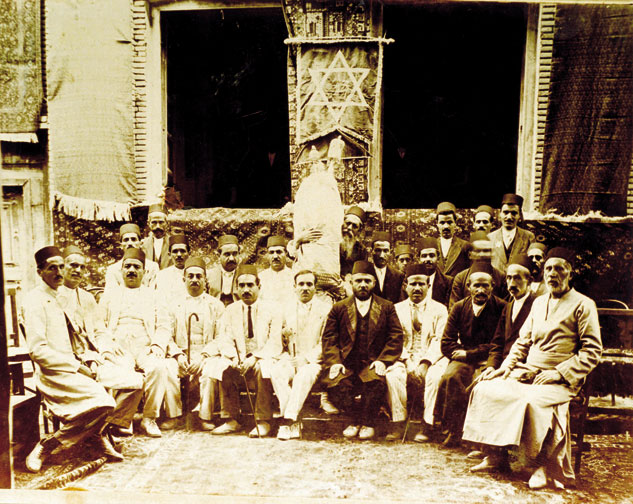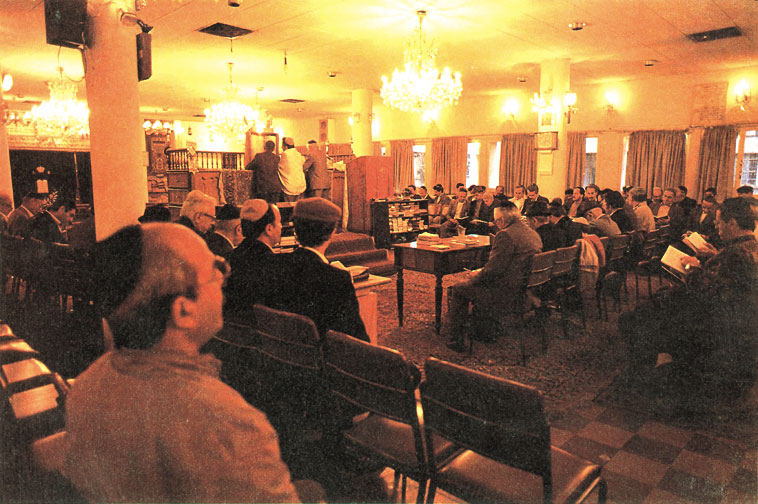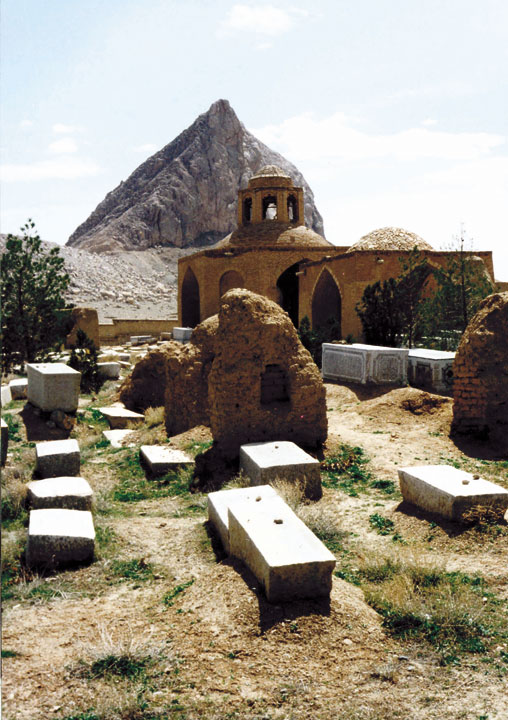Iran leader reasserts arms views
Susan Chira NYT Friday, October 1, 2004
Iran's foreign minister has said that his country will never give up its right to develop nuclear technology for peaceful use, though he denied any intent to produce nuclear weapons.
.
The minister, Kamal Kharrazi, told journalists Wednesday that relations with the United States were at a low point, and charged that influential neoconservatives were urging the United States to attack Iran, seeking "regime change." But he said that Iran was ready to negotiate with European ministers to find a way to calm fears that it was developing nuclear weapons.
.
"Nobody has the right to deny Iran its right to use nuclear technology for peaceful purposes," he said. "We are ready to negotiate with them on any instrument or mechanism that would remove the concern of others."
.
Previous meetings with European ministers have ended with no resolution; Kharrazi said no new meetings had been scheduled.
.
Last week, Iran defied the International Atomic Energy Agency by saying it was resuming the process that enriches uranium, but it said it was to produce power, not bombs, as the United States has charged. The United States has been pushing to bring the matter before the UN Security Council.
.
Asked whether Iran had converted all the uranium it possessed, Kharrazi said, "I don't know, but the IAEA cameras are there."
.
During the Wednesday meeting with American journalists at the residence of the Iranian ambassador to the UN, Kharrazi also said that Iran was eager to see Iraq hold elections in January, even if not every city could participate - a position shared by Iraq's influential cleric, Grand Ayatollah Ali al-Sistani, who has longstanding ties with Iran. He also said he was confident that the Iraqi elections, as well as elections scheduled Oct. 9 in Afghanistan, would be good for the entire region.
.
He said he was not worried that Iran's interests would be threatened by elections in the two nations, which border Iran. "Democracy does not necessarily bring pro-U.S. governments," he said.
.
Some Pentagon officials have charged that Iran is sending money and weapons into Iraq, both to bolster Shiite insurgents such as Moktada al-Sadr and to increase its influence over Shiite political parties to help sway the election.
.
"The Pentagon is quite wrong that Iran is doing this," Kharrazi said. Instead of backing al-Sadr, he said, Iran had in fact helped to moderate him.
.
The United States made a mistake in opposing al-Sadr, Kharrazi said, because it merely swelled his popularity. And he said Iran did not need to send money, since it already wields influence in Iraq.
.
He predicted that the insurgency would continue, swelled by resentment of ordinary Iraqis. "Iraqis who have been humiliated somehow by the United States - and their families have been killed or tortured - are very ready to kill Americans," he said.
.
He said the only solution would be a multinational force under the command of the United Nations, an idea the United States has opposed.
.
He cited recent opinion polls showing that even in nations whose governments have been friendly to the United States, like Saudi Arabia and Egypt, the vast majority of people are hostile to the American government. Such hostility fuels extremism, he said.
.
Only if the United States changes policies that support Israel can it hope to win over ordinary people in the Middle East, he said.
From: Esther's Children: A Portrait of Iranian Jews.

Directors of Hebra. Hamadan, 1918. (Courtesy of Center for Iranian Jewish Oral History, CIJOH. From the collection of Faryar Nikbakht.)

Kohan’s Antiques and Persian Rug Store, and other Jewish-owned stores. Eslambol Street. Tehran, c. 1940. Nurollah Kohan with Pahlavi hat. (Courtesy of CIJOH. From the collection of Parvaneh Kohan Comrouz.)


Aqa-Jan Abrishami Synagogue, Iran’s most prominent congregation with Hakham Yedidia Shofet and Rav David Shofet as its rabbis. Tehran, c. 1980.

Cemetery. Lenjan, near Isfahan. 1993. (Courtesy CIJOH. Photograph by Annabelle Sreberny.)

View of Zir-e taq. The edge of the vaulted roof that covers the kucheh can be seen at the top of the photograph. Shiraz. At the time of Reza Shah a new street called Khiaban-e Now (New Street) was driven through Shiraz’s mahalleh, dividing the Jewish residential area into two separate sections. One continued to be called mahalleh, and the other was referred to as Zir-e taq (under the dom), so called because many of its alleys (kucheh), often no wider than a meter, were covered with a vaulted roof (see fig. 1462). In colloquial parlance, these narrow side streets were referred to as Ashti-konun (see fig. 1461)-- a term that vaguely translates into “forgive-and-forget”-- because the passage was so tight that if two estranged friends encountered each other in them they could not pass by each other without their bodies touching and would hence be “forced” to resolve the issue that stood between them. (Courtesy of CIJOH. Photograph by Prof. Laurence Loeb.)

Good book on history of Iranian Jews. Esther's Children: A Portrait of Iranian Jews by Houman Sarshar







